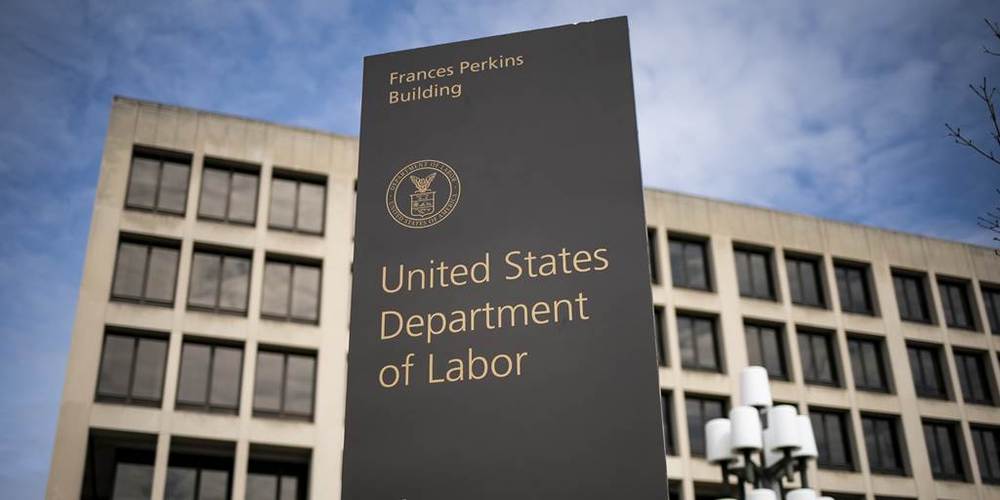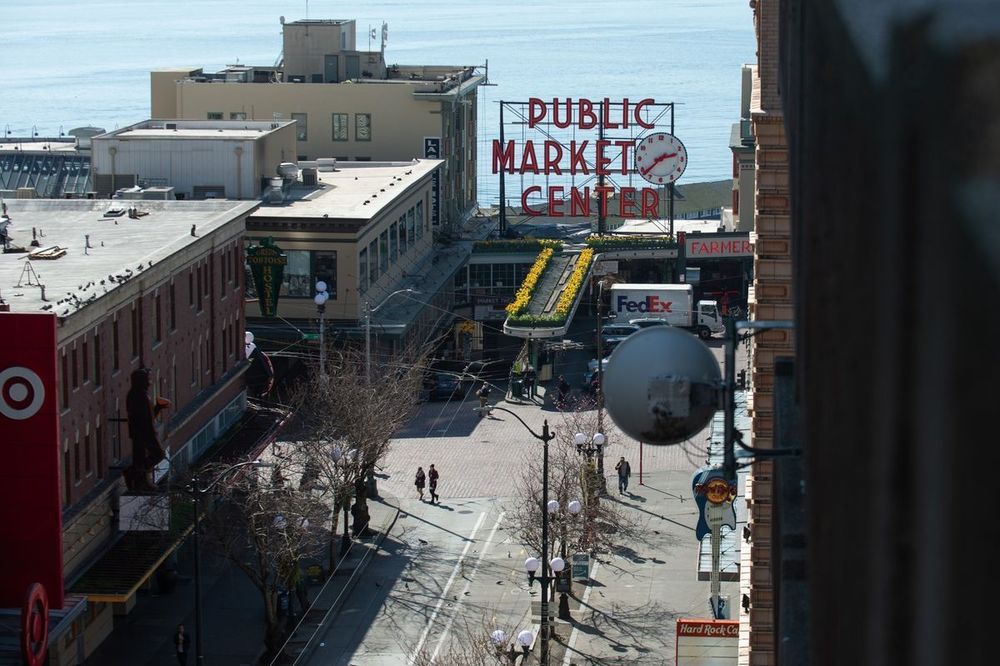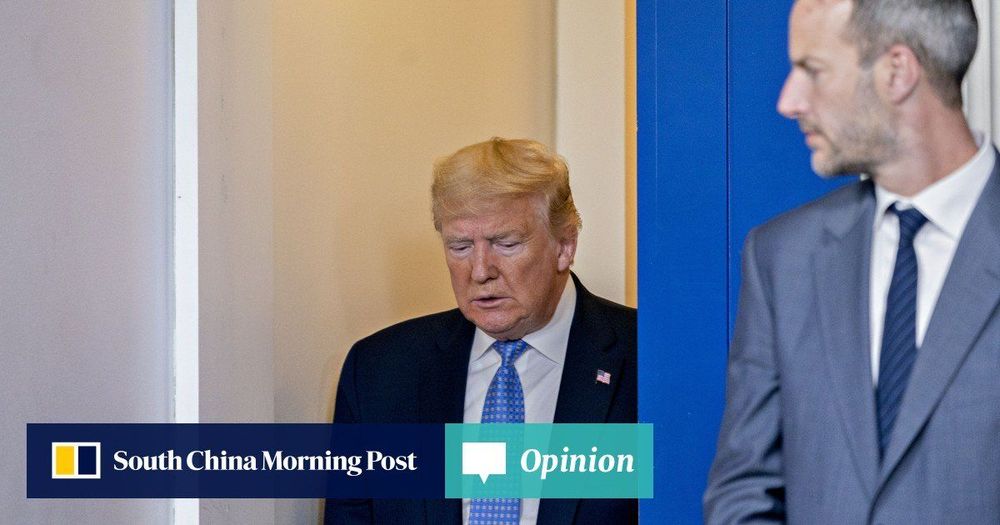Claims that the cure is worse than the disease rely on a false tradeoff between human needs and the economy.


Claims that the cure is worse than the disease rely on a false tradeoff between human needs and the economy.
Circa 2017
Plant viruses, the simple obligate intracellular parasites with small genomes, rely entirely on host machineries for their life cycle including replication, intracellular (cell-to-cell) and systemic movement (Nelson and Citovsky, 2005). Virus infections pose serious threats to agriculture and cause huge economic losses. Despite encoding only a limited number of proteins, numerous interactions of viral RNAs/proteins with host factors have puzzled the plant virologists for over a century and the complexity of these interactions is just becoming understood.
Plants have developed two major strategies to counteract virus infections: resistance (R) gene-mediated, and RNA silencing-based defenses. In addition, the mutation in essential genes for viral infection also causes plant resistance against viruses, called recessive gene-mediated resistance. These approaches have been used in crop protections and have shown significant economic impact (Abel et al., 1986; Whitham et al., 1996; Baulcombe, 2004; Kang et al., 2005; Wang and Krishnaswamy, 2012).
This Research Topic combines 13 publications, including 9 review articles and 4 research articles, covering almost every aspect of plant-virus interactions. The featured in-depth topic reviews in various sub-fields provide readers a convenient way to understand the current status of the related sub-fields and the featured research articles expand the current knowledge in related sub-fields.

The rescue package contains specific measures to address the spike in unemployment claims.
“It is reasonable to expect that some, perhaps many, but not all, of these jobs will come back once we venture back into public,” Mark Hamrick, senior economic analyst at Bankrate.com, said. “One of the goals of the legislation now moving through Congress is to help many businesses survive and retain workers.”
“It’s beyond anything we have ever seen. It’s the speed that is so painful,” Swonk said.

I have not been a supporter of an extended public quarantine or shut down, if any. There are a number of reasons why (governments steal liberty during such times; national debt increases and is used to the point of total socialism; inequality becomes permanent; etc), but in this letter below to everyone I want to talk specifically about why a quarantine is ultimately harming the life extension and #transhumanism movements. Don’t ever forget, we are in a race to save the lives of “everyone” right now with the plague of aging, not just those who might get #coronavirus.
Dear Fellow Humans.
If you believe in the life extension movement of trying to live indefinitely through science and technology, then you likely should not support the worldwide quarantine (at least don’t support it over 14 days in the West where we don’t have the ability to do it as efficiently as Asia). It’s horrible that so many lives will be lost by COVID-19, but in a worse-case scenario it’s likely 100 million people will die globally (mostly older people who have only a few years left to live due to their underlying medical conditions of aging — and who have likely been kept alive due to science and 21st Century medicine anyway). But the damage we could cause (and almost certainly are causing) with the quarantine and shut down to the US and global economy may cost the life extension movement and its scientific research possibly three to five years of progress — because the funding, projects, and jobs around the anti-aging industry will disappear for a notable time. The math shows that if we achieve indefinite lifespans for the human race by the year 2035 vs 2040, approximately 250 million lives will be spared and could then go on indefinitely. The aging math (or life hours) for any transhumanist shows that if we care about human life and longevity — about how long people alive today live — then we should not quarantine the world right now, but get the economy going again as a first priority so that we may fund the future of anti-aging science for the species. Some of us call this reasoning the Transhumanist Wager. For the sake of everyone alive today, it must be acknowledged that there is a dramatically larger percent gain (many thousands of percent) of overall life years for our species by not quarantining and shutting down the world. This is all a horrible scenario, and one I am terribly sad to share with you, but that doesn’t mean we should cower from facts. We owe our species the most courageous decision for its long-term longevity of all its living citizens.
Live long and prosper, Zoltan Istvan
*****

Last month, even as the coronavirus epidemic was ravaging China and making inroads in other nations, the space industry’s concerns were elsewhere. There were debates about a NASA authorization bill in the House that would reshape NASA’s Artemis program even as the agency sought more money for it, the ongoing review into the flawed test flight of Boeing’s CST-100 Starliner commercial crew vehicle, renewed concerns about orbital debris after a close call between two defunct satellites, and discussions about the viability and sustainability of satellite constellations like OneWeb and SpaceX’s Starlink as both moved into full-scale deployment.
Those were the days. In the last couple of weeks, and especially in the last week, those issues have largely disappeared as what is now a pandemic takes hold in the United States and many other nations. But while many parts of the economy have ground to a halt, like retail and tourism, the effects on the space industry have been uneven. Some parts of it have also effectively halted, yet others continue ahead at essentially full speed—at least for now.
The first clear signs of the effects of the pandemic on the industry was bringing the circuit of conferences and other events to a standstill. On March 9, the Satellite 2020 conference got underway in Washington despite growing concerns about the spread of the coronavirus disease COVID-19, including the first cases diagnosed in the city. Conference organizers plowed ahead even as some major companies, like satellite operator SES, bowed out, saying only about 10 percent of attendees as 12 percent of exhibitors had cancelled their plans.

#NotDying4WallStreet
Hard to believe that anyone is this cold-hearted.
As the coronavirus outbreak batters the economy and businesses close, Texas Lt. Gov. Dan Patrick said Monday that plenty of seniors would be willing to sacrifice their lives in order to preserve the economy for their grandchildren.
““No one reached out to me and said, as a senior citizen, are you willing to take a chance on your survival in exchange for keeping the America that all America loves for your children and grandchildren? And if that’s the exchange, I’m all in.””



U.S. Treasury Secretary Steven Mnuchin said he supports direct payments of $1,000 per adult and $500 per child to Americans within three weeks if Congress backs the plan.
“The president is determined that we are going to support” those affected, Mnuchin said in a Fox Business interview Thursday morning.
Cash handouts to all American households are gaining support in Congress as the best way to shore up an economy brought to a near-standstill by the coronavirus response.

Exploiting the pandemic for geopolitical gain.
A few good things will come out of the pandemic. A Democrat may well be the next US president and end the trade war with China, which will be in a better position to bargain, having had a lead in tackling the virus and a head start in economic recovery.